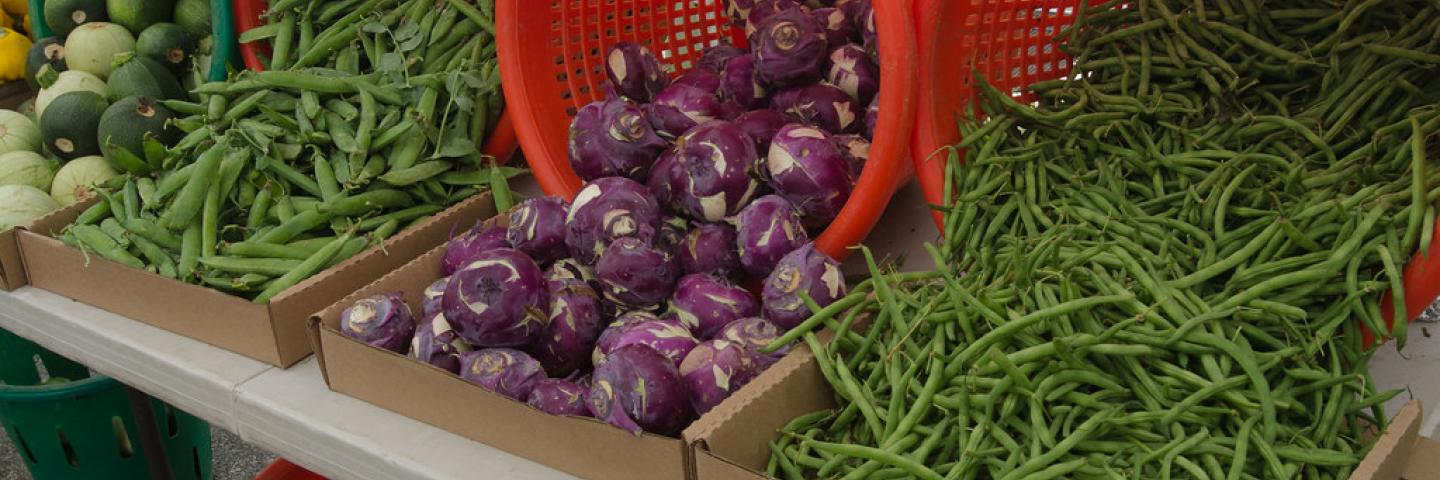USDA Encourages Rhode Island Farmers to Apply for NRCS Organic Transition Assistance by March 15th

NRCS encourages Rhode Island farmers and ranchers interested in participating in our Organic Transition Initiative (OTI) to apply for assistance by March 15, 2024.
The Organic Transition Initiative (OTI) is a USDA department-wide effort to support farmers and ranchers interested in becoming organic.
“If you’re growing organic, it means you’re probably growing with conservation in mind, which means our conservation programs are probably a good fit for your farm. Farmers transitioning to organic are a natural fit for us,” Rhode Island Conservationist, Phou Vongkhamdy, said. “The Organic Transition Initiative can also help farmers gain organic knowledge through education and mentoring. Right now is a great time to apply for conservation assistance as we have additional funding for our popular programs from the Inflation Reduction Act.”
NRCS and Organic Transition Initiative
NRCS introduced a new organic management conservation practice in fiscal year 2023 as part of the initiative. It allows farmers and ranchers the flexibility to get the assistance and education they need, such as attending workshops or requesting help from experts or mentors. It also supports organic conservation activities and practices required for organic certification and may provide foregone income reimbursement for dips in production during the transition period. Higher payment rates and other options are available for underserved farmers, including socially disadvantaged, beginning, veteran and limited resource farmers and ranchers. In 2023, NRCS invested $12 million in 22 states to work with 100-plus transitioning operations.
Other USDA Organic Assistance
In addition to NRCS, USDA’s Agricultural Marketing Service (AMS) and Farm Service Agency (FSA) support Organic Transition. For example, in January, AMS awarded $9.75 million in Organic Market Development Grants to support the development and expansion of new and existing organic markets. Also, the agency’s Transition to Organic Partnership Program (TOPP) is a network assembled by the USDA’s National Organic Program to support transitioning and organic producers with mentorship and resources. TOPP is segmented into six regions that span the United States and territories working together to grow the network of organic producers.
OTI also complements existing assistance for organic producers. The FSA Organic Certification Cost Share Program provides cost share for farmers who obtain or renew their organic certification. NRCS provides technical and financial assistance for conservation practices that are popular among organic as well as traditional farmers and ranchers, including cover crops, integrated pest management, drip irrigation, high tunnels and rotational grazing. Learn more on NRCS’ Organic Agriculture webpage.
More Information
For more information, visit farmers.gov/organic or call NRCS Rhode Island today to see how we can help you help your land!
# # #
USDA is an equal opportunity provider, employer and lender.


